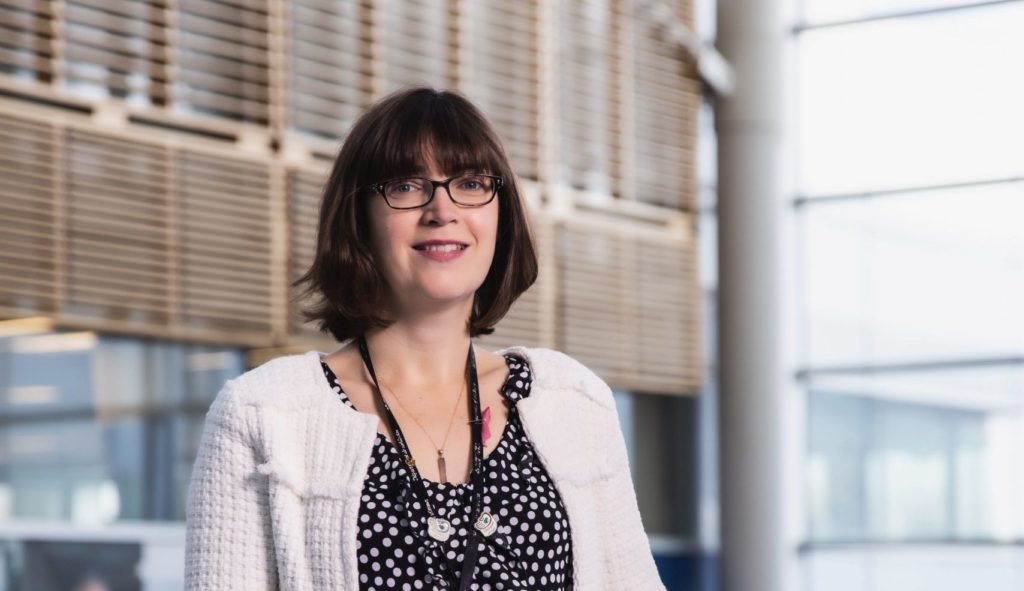Using machine learning approaches to predict tumour recurrence and progression to provide personalized and compassionate care for non-muscle invasive bladder cancer patients
Surgical Oncologist, Division of Urology at Trillium Health Partners Bladder cancer is the most expensive cancer to treat due to high recurrence rates and a need for lifelong disease surveillance. Current monitoring strategies are costly, patient unfriendly, and lack supporting evidence. Existing predictive models perform poorly and do not capture changes in patients’ cancer course…
Read MoreUsing artificial intelligence to prevent blood clots in cancer patients
Medical Oncologist and Clinician Investigator, Princess Margaret Venous thromboembolism, also known as blood clots, are a common and potentially deadly complication of cancer and its treatment. New pills, called direct oral anticoagulants, can prevent blood clots, but they come with a risk of bleeding. Currently there is limited ability to predict who benefits from these…
Read MoreCo-designing a multi-modal sensor system to enable compassionate hip-fracture recovery at home for older adults
Assistant Professor, Lawrence S. Bloomberg Faculty of Nursing, University of Toronto Hip fracture,is a very common injury among older adults (OAs) and recovery is challenging for older adults with comorbidities. Charlene’s project will provide compassionate hip fracture recovery by refining an AI-based sensor system to assist OAs’ hip fracture recovery at home. She hopes the…
Read MoreUsing digital models and visualization to help patients better understand prognosis and uncertainty
Radiation Oncologist, London Health Sciences Centre Understanding prognosis is important for treatment decisions, life planning, and psychological well-being in patients with metastatic disease. Physicians are increasingly using statistical and AI-based models for prognosis estimates, but these are inaccessible to patients. No models are designed specifically for patient use. How are patient interactions with prognosis models…
Read MoreAutomating pre-procedure fasting instruction
Aaron’s team will improve the patient experience for the large number of people undergoing medical and surgical procedures by using digital technology to set up a real-time instruction system about when to stop eating and drinking pre-procedure
Read MoreUsing A.I. to develop a personalized decision tool for managing vasomotor symptoms in breast cancer patients
Sharon’s research will use machine learning to individualize and improve the effectiveness of treatment for hot flashes and night sweats for breast cancer patients.
Read More





